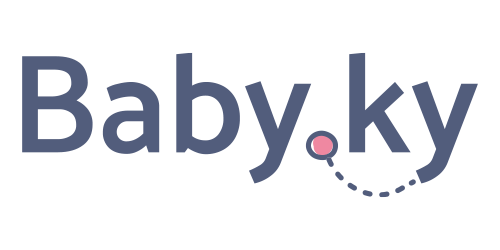A pregnancy that goes beyond 37 weeks is known as a full-term pregnancy. If a baby is born after 37 weeks the chance of them having problems is very small. The reasons that babies are born before 37 weeks may be because the woman goes into labour too early. Or because complications mean that early delivery is in the baby’s best interests, this is referred as a pre-term birth.
Think your waters have broken? Or that you are going into labour? It is very important to contact your obstetrician. You may need an urgent assessment.
Babies born before 37 weeks are at risk of problems such as difficulties breathing on their own, keeping their body temperature up or maintaining their blood sugar level. The earlier a baby is born, the greater that risk is.
Pre-term Labour
Some women experience early onset of labour with regular contractions. If this happens usually the mum will be given medication through an intravenous drip. This is to try to stop labour so that drugs can be given to help the baby. Giving two steroid injections to the mum can help the baby’s lungs. It can reduce the chance of baby needing help with breathing once they are born. The drugs to stop labour are stopped once the steroid injections have been given. Some women, but not all, go on to have a preterm birth.
In some pregnancies the waters break before 37 weeks but labour contractions don’t start. Again, the mum is given steroid injections and also a course of antibiotics to prevent infection. The decision about when to deliver the baby is a complicated one. It is based on a number of different factors. Your obstetrician will explain their recommendations based on your individual situation.
For some pregnancies affected by complications of pregnancy, the woman’s obstetrician may recommend early delivery. They may believe it is in the best interests of both mother and baby that delivery takes place before 37 weeks. Again, this is a very complex area and, your obstetrician will explain their clinical decision making and agree on a treatment plan with you.
Pre-term Delivery
Babies born between 32 and 37 weeks
These babies usually need specialist neonatal care for a period of time. This might include help with breathing called CPAP, oxygen treatment and possibly top-up feeding via a tube placed through their nose directly into their stomach (nasogastric feeding) until they are bigger and strong enough to cope on their own.
Babies born between 28 and 32 weeks
These babies will need to be admitted to the neonatal intensive care (NICU) ward. They will need specialist neonatal care for some weeks. They may need full ventilation with a tube into their lungs to help them breathe or CPAP treatment. They will need to be in a special cot to help them keep their temperature up. They are likely to need nasogastric feeding of expressed breast milk or formula milk until they are strong enough to feed properly.
Babies born between 23 and 28 weeks
These babies are extremely premature. They may need to be transferred off-island for specialist intensive care. Sometimes if very early delivery is expected or planned, the pregnant mum is transferred off island. This way the baby is born where the specialist unit for extremely pre-term deliveries is co-located with the delivery facilities.
More Advice on Pre-term Birth
It’s also worth checking out help, advice, and any pre-term birth posts in our Baby Facebook Group. It allows you to ask questions, gain access to basic advice and share experiences with others facing the same new experiences. You can join here: https://www.facebook.com/groups/babycayman/

